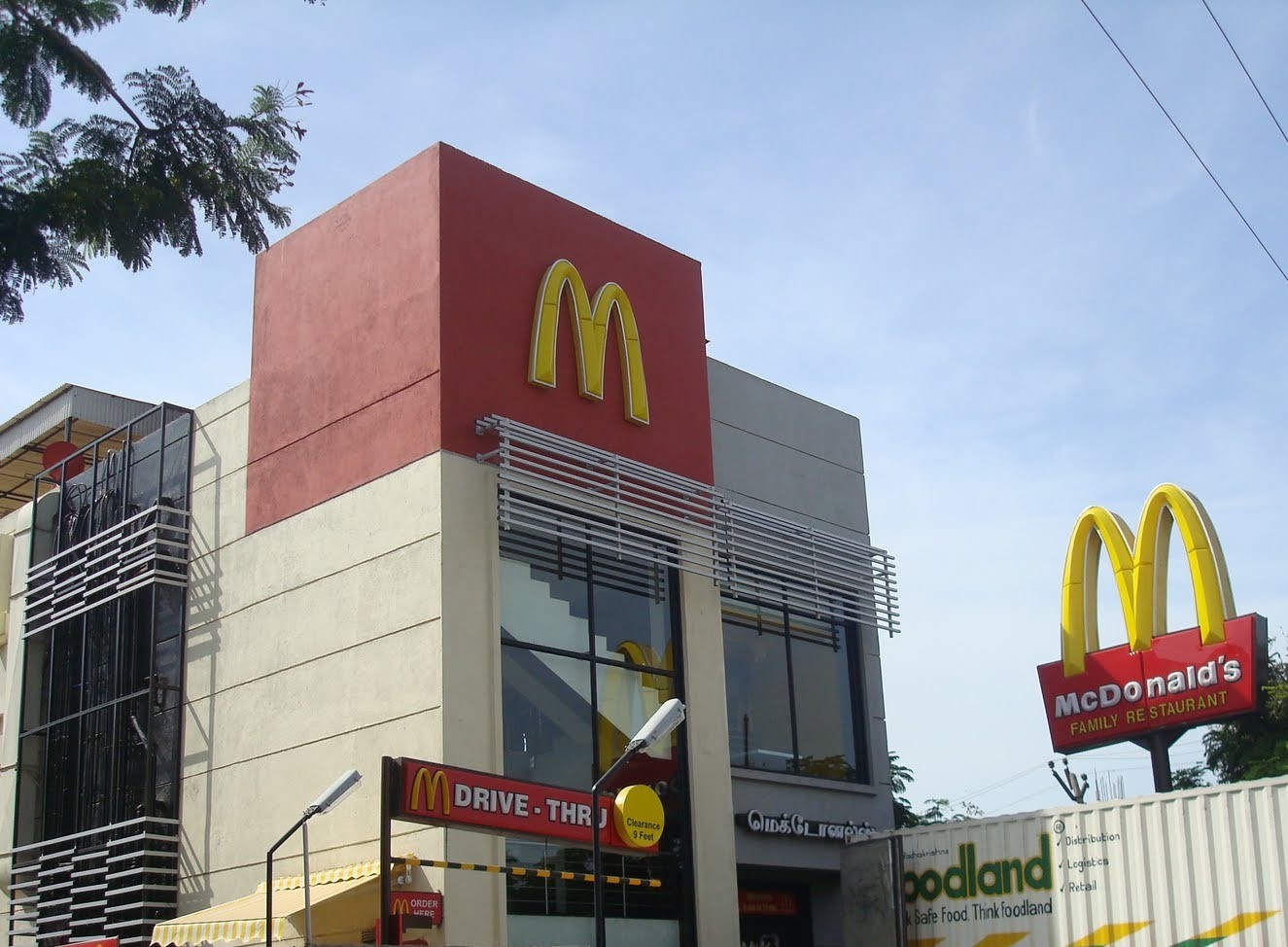The domestic quick-service restaurant (QSR) industry is likely to see a revenue growth rate of 20-25% in FY2024 on account of continued demand uptick and increasing penetration of restaurants, driven by a rapid expansion of stores, according to rating agency ICRA. These numbers are, however, slightly less than revenue growth of about 30-35% in YoY terms estimated for FY2023, the report added.
ICRA expects the top five listed companies in the domestic QSR industry are likely to add about 2,300 stores between FY2023-FY2025 with an estimated capex of about Rs 5,800 crore (excluding refurbishment) for this period.
The domestic QSR industry is looking at aggressive store capex over the medium term, helped by favourable demand outlook, the rating agency noted. ICRA also stated that majority of the capex is expected to be funded through internal accruals and cash on the books, having raised money through the pre-IPO /IPO route in the last two fiscals to support the planned capex in the near to medium term.
Suprio Banerjee, Vice President & Sector Head – Corporate Ratings, ICRA Limited, said, “The capex spree in the QSR industry is likely to be driven by favourable demographics, steady urbanisation in India, growing per-capita GDP and significant headroom available in terms of QSR penetration, compared to a developed economy like the US.” Banerjee further said that the increasing formalisation of the sector is expected to improve the penetration levels significantly.
In addition, higher technological absorption amidst changing consumer behaviour, wherein delivery as a medium is much more accepted, shall support the increasing penetration. The capex over FY2023-FY2025 is estimated at about Rs 1,800 crore to Rs. 2,000 crore (excluding refurbishment) per annum, which would be 2.5 times that of the levels seen in fiscal 2020.
Factors driving sales
The domestic QSR industry witnessed a sharp recovery in average daily sales (ADS) and revenues during FY2023, supported by demand drivers like changing food consumption habits, favourable demographics, improving purchasing power, steady urbanisation, and new store additions, the rating agency said. Moreover, factors like better value proposition from QSR players with enhanced product and service offerings, wide adoption of user-friendly and convenient delivery applications, and tech-enabled delivery networks also fuelled growth.
Additionally, the easing of restrictions which was imposed due to the pandemic and increased vaccination coverage, led to the industry witnessing a strong growth
momentum with notable recovery in the ADS levels at Rs 85,789 in FY2022 compared with Rs 67,479 in FY2021. The ADS further rose to about Rs 97,696 in the first nine months of FY2023 compared to about Rs 85,355 in the corresponding period of FY2022.
In the long run, revenue growth shall be supported by factors like rising QSR penetration levels, a shift from the unorganised segment to the organised segment with a preference for branded QSR players, given the hygiene and convenience factors i.e. delivery over dine-in), etc., according to ICRA.
Operational Performance
Even though, there has been a healthy recovery in the industry’s operational metrics such as ADS and sales per store in FY2023, gross margins were impacted due to inflation and competition. Gross margins have been sequentially contracting for the sample (five companies) analysed from Q1FY2022 till Q3FY2023, reflecting the partial ability of QSR players to fully pass on the rise in raw material costs, given the tough competition from both the organised and the unorganised segment, ICRA noted.
“India’s dependence on imports for edible oils further exposes the players’ margins to geo-political risks and forex fluctuations. The high lease costs, as well as rising overheads related to a growing delivery model, also impacts the cost structure,” Banerjee added.
ICRA said that the operating margin in FY2023 and FY2024 is, therefore, expected to be flattish despite the benefits of scale economies and it is likely to remain in the range of 20-22% compared to 20% in FY2022. However, the coverage metrics are expected to improve in the near-to-medium term, given the limited borrowing levels anticipated for the store expansion and a favourable demand scenario.
Stock To Watch
Companies to watch out for in this industry are as follows: Jubilant Foodworks, Devyani International, Westlife Foodworld, Sapphire Foods India, and Restaurant Brands Asia





